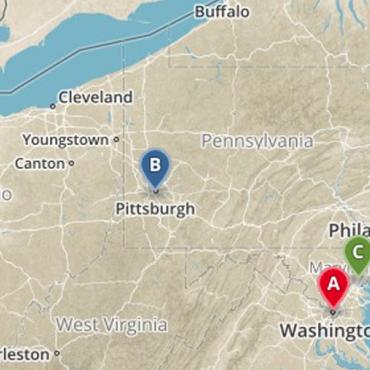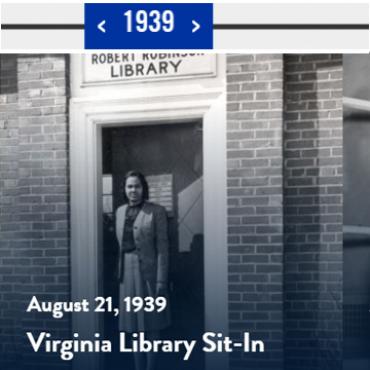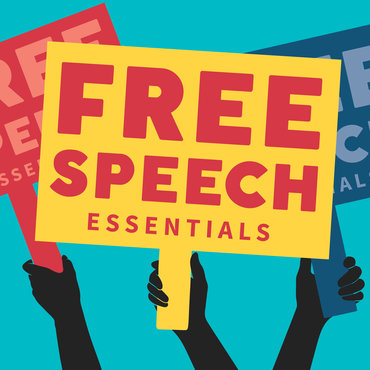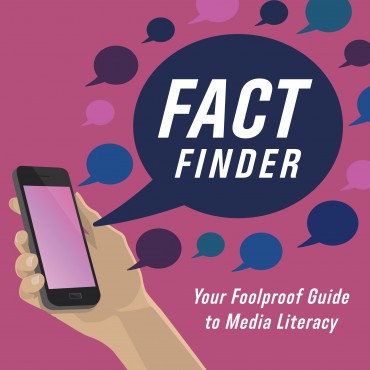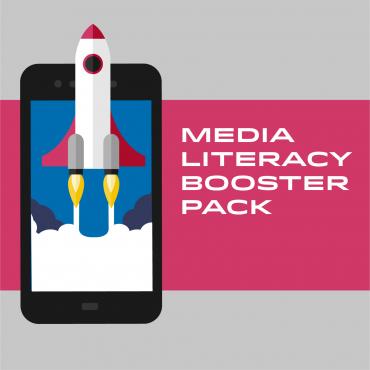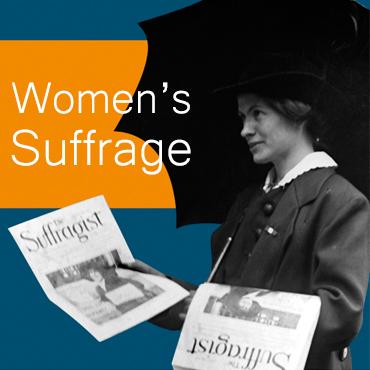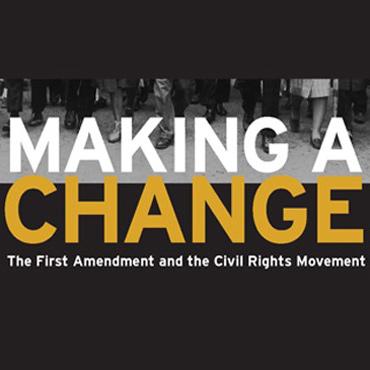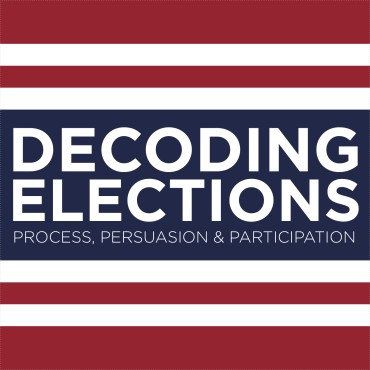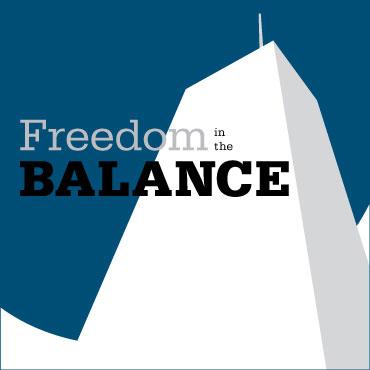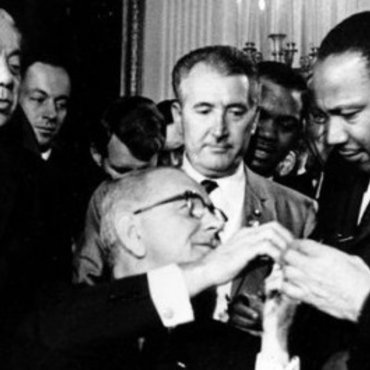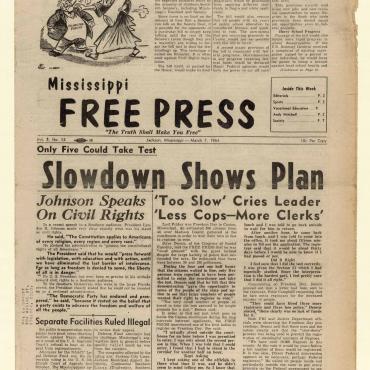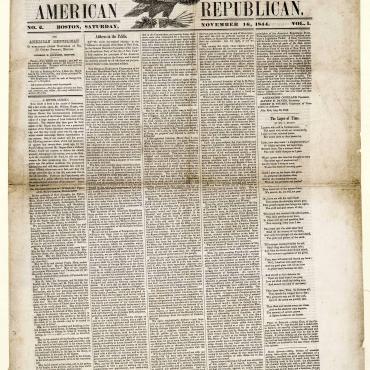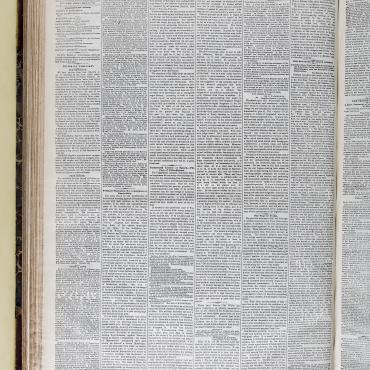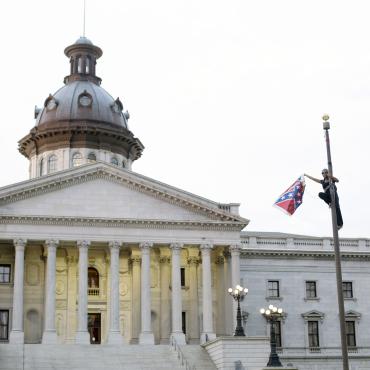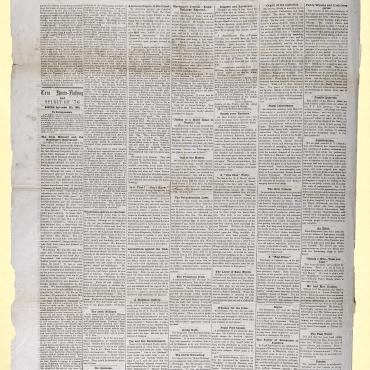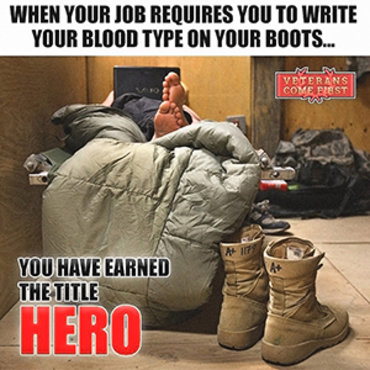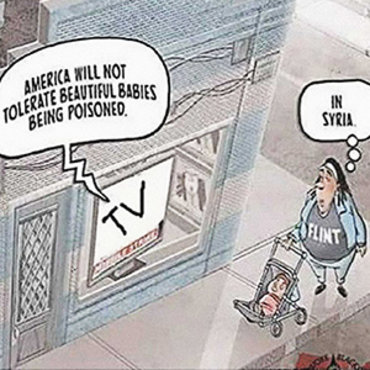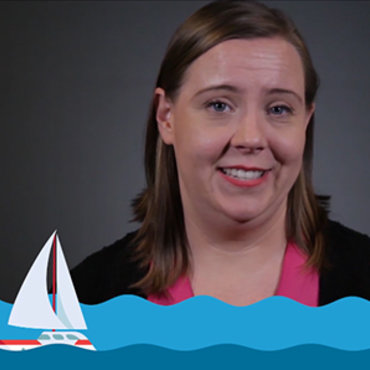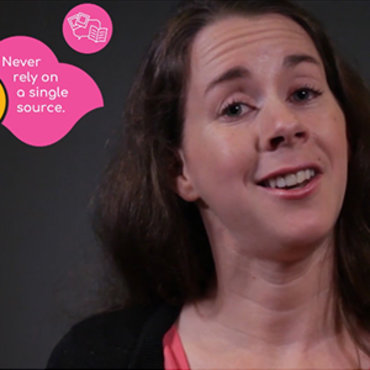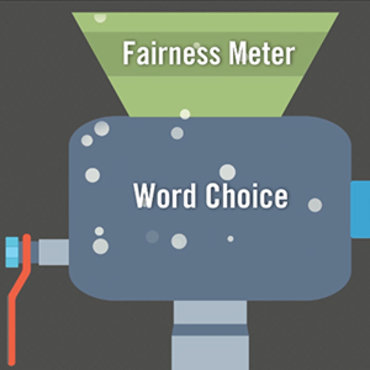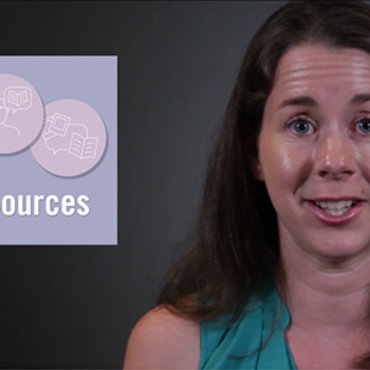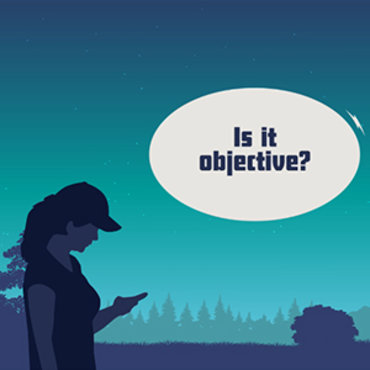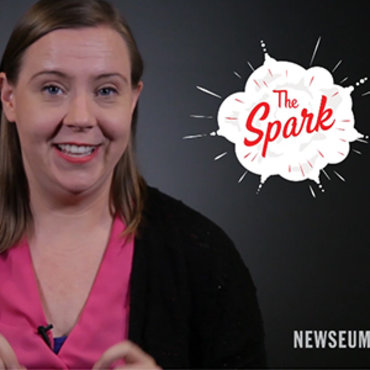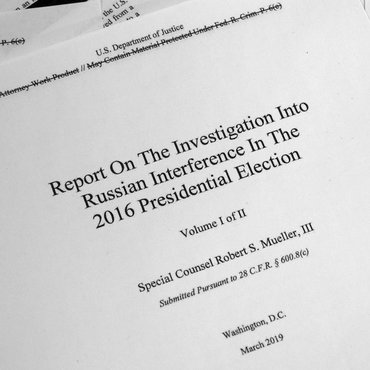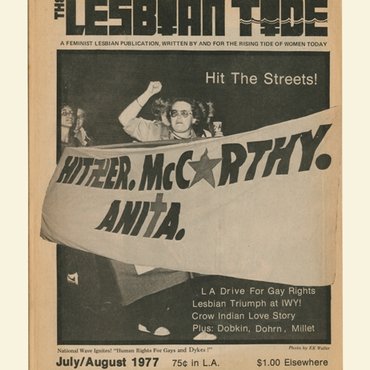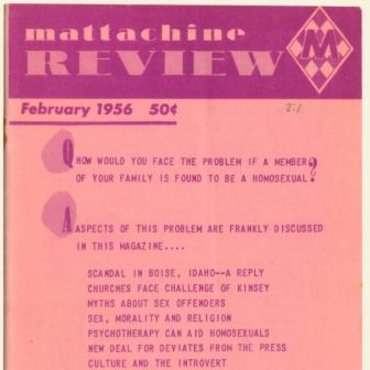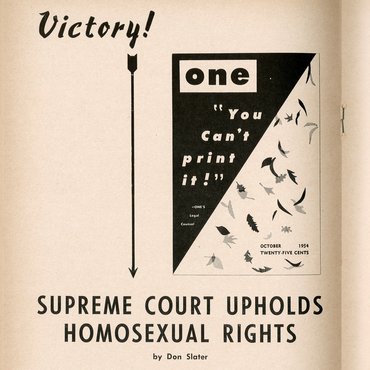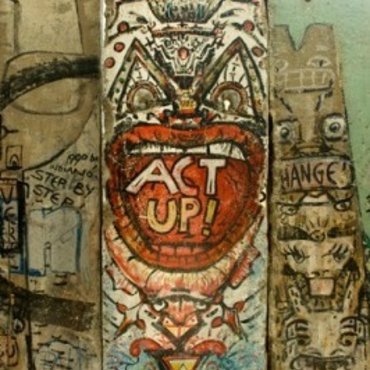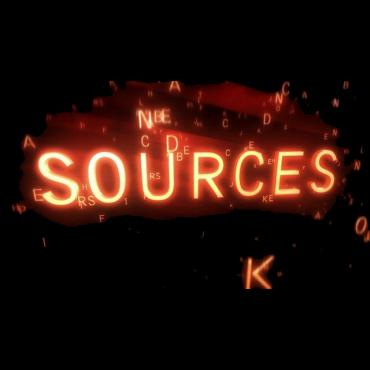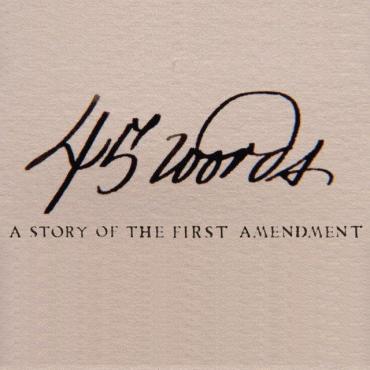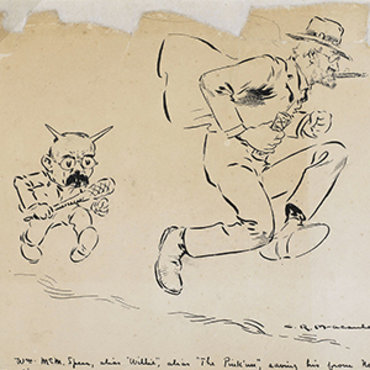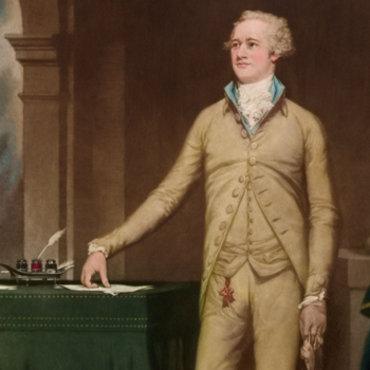
Civil Rights: Reporting Out
Students prepare for a lifelong practice of civic engagement by identifying, analyzing and reporting about a contemporary civil rights issue.
Get even more great free content!
This content contains copyrighted material that requires a free NewseumED account.
Registration is fast, easy, and comes with 100% free access to our vast collection of videos, artifacts, interactive content, and more.
NewseumED is provided as a free educational resource and contains copyrighted material. Registration is required for full access. Signing up is simple and free.
With a free NewseumED account, you can:
- Watch timely and informative videos
- Access expertly crafted lesson plans
- Download an array of classroom resources
- and much more!
- Civil Rights
- Current Events
- Journalism
- Politics
- 6-12
(Note: For more support, see expanded procedure in downloadable lesson plan.)
- Ask students to define civil rights, based on previous class discussions.
- After a common definition is established, brainstorm contemporary local, regional and national civil rights issues.
- Have the class choose an issue to analyze. Find a recent article and analyze it as a class with the Analyzing an Issue worksheet.
- Next pair the students and have them select a modern civil rights issue and use the second worksheet to create an information campaign.
- Last, have students share their information campaign and ask for feedback. After they revise their plans they should implement them and report the outcomes of their work to the class.
- Reflect on what the students learned, and what, if anything, they would do differently to reach their goals.
- Analyzing an Issue and Information Campaign worksheets (download), one each per student
- Internet access
Civil Rights Expo: Get the community involved! Have students plan and host a “civil rights expo” to share their projects with others at school, in their neighborhoods and beyond. Make sure students ask for reactions and feedback from their guests, which they can use to revise their projects. Students may want to invite their school paper, local media outlets and historical societies to the expo as well.
-
Common Core State Standards: CCSS.ELA-LITERACY.CCRA.R.4
Interpret words and phrases as they are used in a text, including determining technical, connotative, and figurative meanings, and analyze how specific word choices shape meaning or tone. -
Common Core State Standards: CCSS.ELA-LITERACY.CCRA.W.6
Use technology, including the Internet, to produce and publish writing and to interact and collaborate with others.
-
NCSS C3 Framework: D2.Civ.14.6-8 and D2.Civ.14.9-12
6 - 8: Compare historical and contemporary means of changing societies, and promoting the common good. 9 - 12: Analyze historical, contemporary, and emerging means of changing societies, promoting the common good, and protecting rights. -
NCSS C3 Framework: D2.His.12.6-8 and D2.His.12.9-12
6 - 8: Use questions generated about multiple historical sources to identify further areas of inquiry and additional sources. 9 - 12: Use questions generated about multiple historical sources to pursue further inquiry and investigate additional sources. -
NCSS C3 Framework: D2.His.5.6-8 and D2.His.5.9-12
6 - 8. Explain how and why perspectives of people have changed over time. 9 - 12. Analyze how historical contexts shaped and continue to shape people’s perspectives. -
NCSS C3 Framework: D3.1.6-8 and D3.1.9-12
6 - 8: Gather relevant information from multiple sources while using the origin, authority, structure, context, and corroborative value of the sources to guide the selection. 9 - 12: Gather relevant information from multiple sources representing a wide range of views while using the origin, authority, structure, context, and corroborative value of the sources to guide the selection
-
National Center for History in the Schools: NCHS.US History.Era 10
Standard 1: Recent developments in foreign policy and domestic politics Standard 2: Economic, social, and cultural developments in contemporary United States
-
National Council of Teachers of English: NCTE.12
Students use spoken, written, and visual language to accomplish their own purposes (e.g., for learning, enjoyment, persuasion, and the exchange of information).
-
NCSS Curriculum Standards: NCSS 2
Learners examine the institutions, values and beliefs of people in the past, acquire skills in historical inquiry and interpretation, and gain an understanding of how important historical events and developments have shaped the modern world. -
NCSS Curriculum Standards: NCSS 3
Learners examine where people, places and resources are located, why they are there and why it matters. -
NCSS Curriculum Standards: NCSS 5
Students know how institutions are formed, maintained and changed, and understand how they influence individuals, groups and other institutions. -
NCSS Curriculum Standards: NCSS 6
Learners will develop an understanding of the principles, processes, structures and institutions of government, and examine how power and authority are or have been obtained in various systems of government. -
NCSS Curriculum Standards: NCSS 10
Learning how to apply civic ideals to inform civic action is essential to participation in a democracy and support for the common good.
